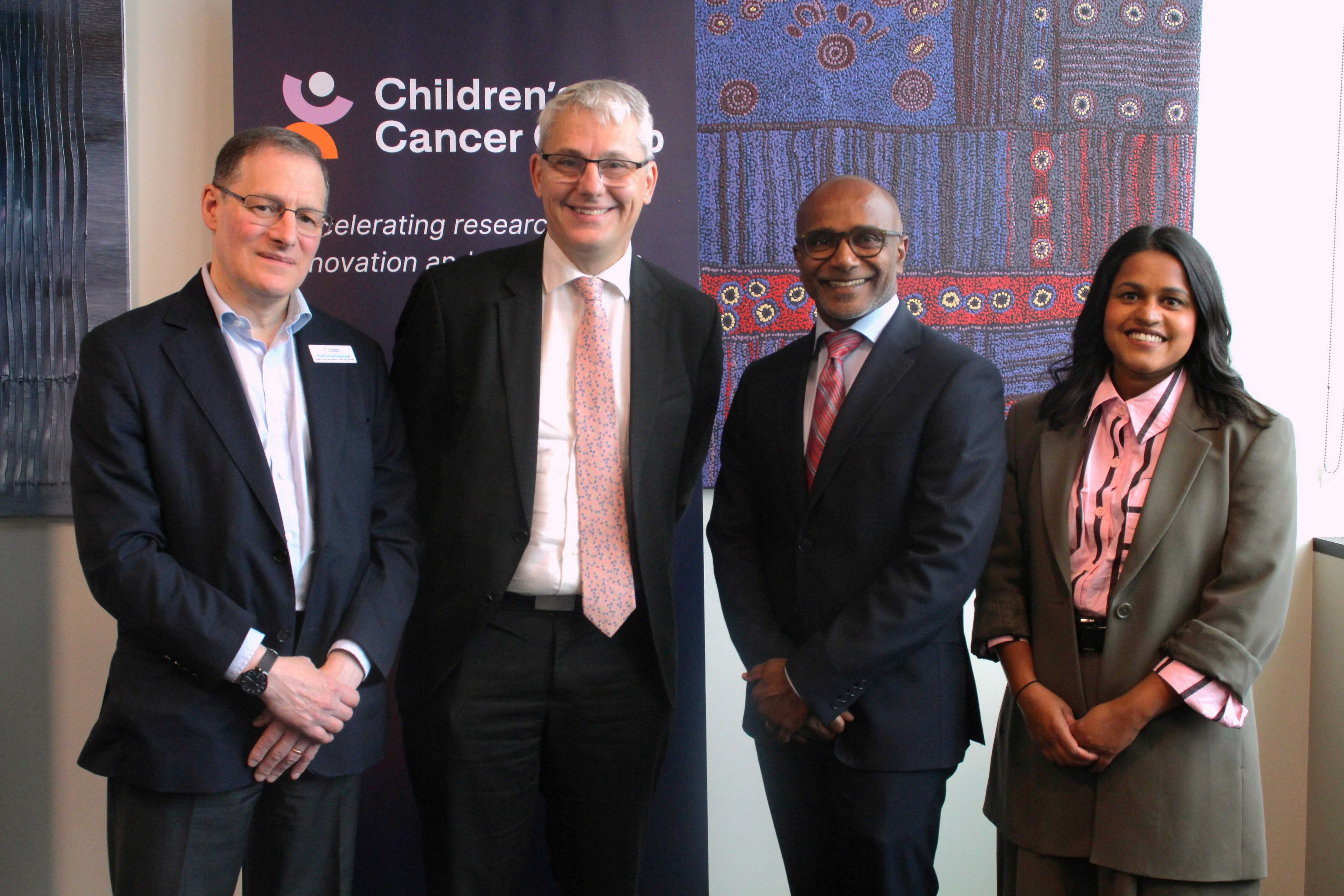Peter Mac researchers working to speed up stem cell transplant recovery
05 September 2025

Peter Mac’s Professor Mark Dawson is leading research to dramatically reduce the time children spend in isolation after a life-saving stem cell transplant, relieving concerns for thousands of families.
Stem cell transplants are used to cure aggressive blood cancers and other life-threatening diseases, but the procedure leaves children without a functioning immune system for months. During this time, even a common cold can become life-threatening.
Professor Dawson, cancer researcher and clinician, said this “dangerous waiting game” is one of the hardest periods for young patients and their families.
“After a stem cell transplant, a child’s immune system is wiped out and has to rebuild itself from scratch,” he said.
“Parents know that while the transplant may have saved their child’s life, they now face months of worry and constant vigilance.
“While some immune cells return within weeks, the body’s most important infection-fighting cells, T-cells, can take months to recover.”
Professor Dawson’s team has discovered a key gene that acts like a turbo switch for T-cell production by using cutting-edge technology to track stem cells as they develop.
“Unlocking this gene is like finding the missing page in an instruction manual,” Professor Dawson said.
“Suddenly, the body knows exactly how to fast-track its strongest defenders to help protect children during the most vulnerable months of recovery.”
The grant from Children’s Cancer CoLab, will allow Professor Dawson’s team to work collaboratively with clinician-scientists from the Royal Children’s Hospital and the Royal Melbourne Hospital to understand exactly how this gene triggers T-cell production and to develop a new therapy to speed up immune recovery after a transplant.
“Our goal is to turn this discovery into a safe, reliable treatment that saves lives and helps children get back to being kids sooner,” he said.
“This is about transforming a gruelling recovery process into something safer, faster, and kinder for young patients and their families.”
The research is part of a global effort to improve survival and quality of life for children undergoing bone marrow and stem cell transplants.
“Collaborating to end the dangerous waiting game after a stem cell transplant” by Children’s Cancer CoLab, adapted for the Peter MacCallum Cancer Centre. Licensed under a CC BY-NC 4.0 license. Changes were made to the original.
Test change
